I came out as undocumented when I was 17. That meant that I faced the possibility of being deported and separated from my family. I did it because a real sense of the pain that our communities have endured was not something people understood and the human side was missing from debate. Simultaneously, I was attempting to understand my queer identity, but the fear of family rejection and events outside my control pushed me into action, leaving my queer identity in the shadows.
In 2008 my uncle died in a car accident and my mother had to go to Mexico with no return ticket or any idea if she would one day see us again. Losing my mother meant that our family was losing the person who above all things brought the family together and guided my siblings and me through moments of uncertainty.
The need to try to get her back motivated me to jump into organizing with a group of people like myself throughout the country. We were determined to change the world for the better so that we and those we loved could stop living in fear of family separation, deportation, detention, and the other injustices that undocumented immigrants face every day.
When I started organizing with undocumented youth leaders, I realized for the first time that I had a chosen family willing to fight for the liberation of all communities. It was a space where women and queer youth led the efforts. I felt empowered to live authentically by no longer neglecting or oppressing my queer identity.
It was the undocumented youth movement leaders who also helped me organize #OperationButterfly where I reunited with my mother in Nogales, Ariz., and was able to hug her for the first time through the border fence, after five long, painful years.
I cannot tell you what that moment felt like, to hold my mother after all that time. What I can tell you is that it made me that much more determined to fight for freedom.
We have come a long way. After years of organizing, our movement finally moved President Obama to take executive action and protect nearly 5 million people from deportation. I put myself in the line and was arrested; I galvanized our communities to make this our victory.
But that same executive action left so many out, particularly many of the estimated 267,000 LGBTQ undocumented immigrants who don't always have U.S. citizen or permanent resident children to help them establish residency. And now even that gain is threatened by Congress and lawsuits who are determined to block this execution action from taking effect.
It's in these moments where the LGBTQ and immigrant movement must be one to protect our communities. Currently, many people in immigration detention continue to face abuse and trauma. The most vulnerable among them are LGBTQ, pregnant women, and HIV-positive individuals.
These detention centers, many of which are privatized, often operate in isolation and seemingly without oversight. They are for-profit institutions that have proven time and again that they have no idea how to keep detainees safe from sexual assault and human rights violations. They put transgender women with the male population, for example, and provide inconsistent access to lifesaving medications.
These detention centers are located throughout the country, so when someone disappears into one, they are kept away from their families or friends, and only a few have access to lawyers. Immigration detention centers have proven themselves to be a rogue system that operates with little accountability. Their arbitrary demand to deport 400,000 people per year has systematized the deportation machine to create fear in our communities.
It is not enough to organize to get one or two detainees out of detention; we must challenge the system itself. We are gearing up to confront the for-profit system of detention and deportation that is depleting our communities. We need solidarity from those in our community as well as those who are not undocumented or LGBTQ.
By giving me the Leadership on Immigration Reform Award, the organizers of Creating Change embrace that we are not single-issue people, and that our strength is rooted in the complexity of our identities. LGBTQ rights are immigrant rights and immigrant rights are LGBTQ rights.
I hope for a time when a border fence or law will not separate any of us from our loved ones. That one day I can have the protections needed to raise my own family and that my mother, who is in Mexico, will be able to give me a hug without a fence between us.
It's been 20 long years of living in the shadows, and I want to thank all those before me who have cleared that path for my liberation journey. My name is Carlos Padilla and I am undocumented, unafraid, queer, and unashamed.
CARLOS PADILLA is the national coordinator for the Queer Undocumented Immigrant Program for United We Dream.

















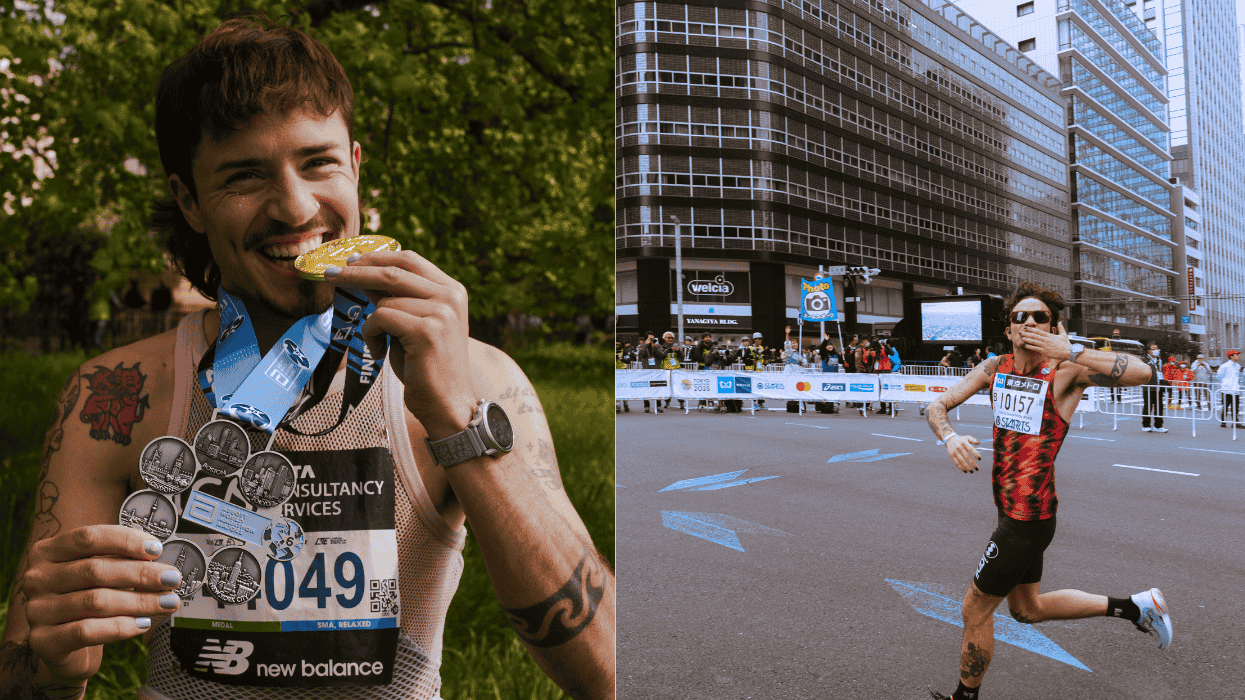












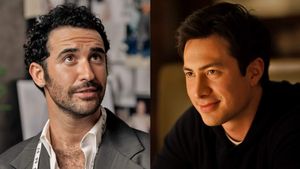









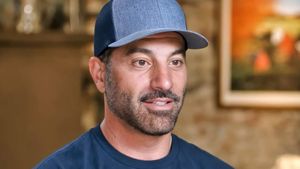






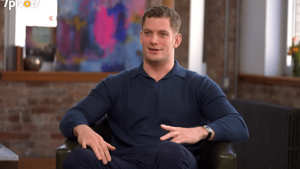





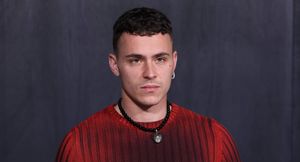






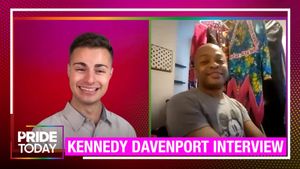





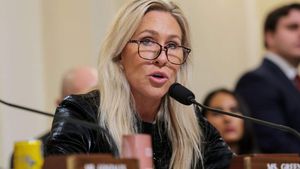

Charlie Kirk DID say stoning gay people was the 'perfect law' — and these other heinous quotes